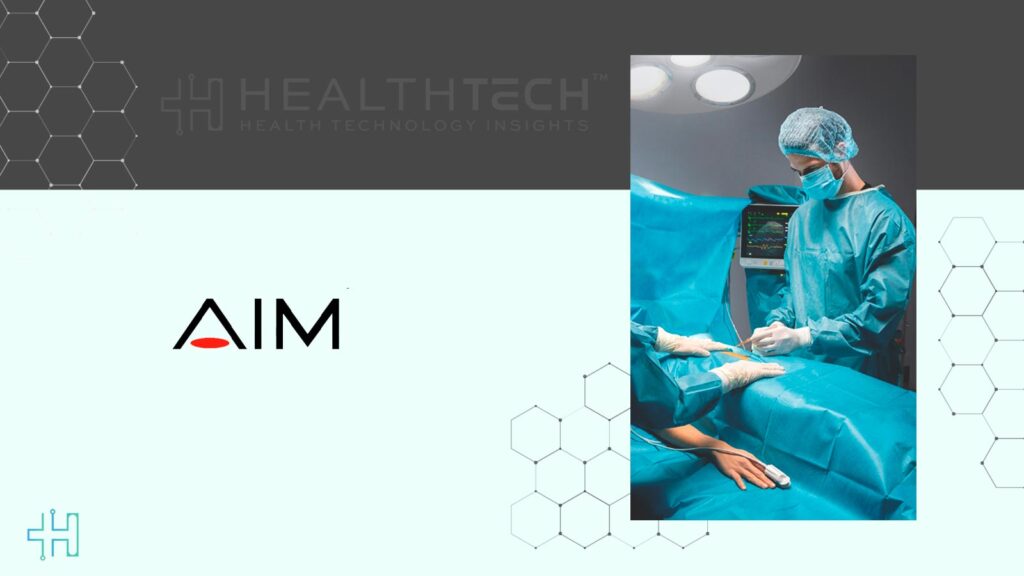AI Medical Service Inc., a Japan-based startup specializing in AI-powered endoscopic diagnostics, has officially received approval from Thailand’s Food and Drug Administration for its diagnostic software, gastroAI-model G. Granted on June 26, 2025, the approval marks a significant milestone not only for the company but also for the growth of medical AI across Southeast Asia. The gastroAI-model G supports doctors during endoscopic procedures by helping determine whether certain gastric lesions are cancerous or not, based on still images. This is the first time an AI system designed to assist in diagnosing issues in the upper digestive tract has been approved in Thailand, and it brings a new layer of real-time lesion analysis to hospitals across the country.
Health Technology Insights: Humana Speeds Up Care by Easing Prior Approvals
The approval comes at a critical time for Thailand, where detecting and treating gastric cancer remains a major healthcare challenge. Gastric cancer ranks among the most common and deadly cancers globally, with roughly one million cases and 600,000 deaths recorded annually. Early detection plays a key role in survival, with a five-year survival rate of about 95 percent when caught in the early stages. Unfortunately, that rate drops below 50 percent when the cancer is found at more advanced stages. Research also shows that early-stage gastric cancer is often missed in 4.5 to 25.8 percent of cases. In Thailand, the situation is even more urgent, as nearly 75 percent of diagnosed patients die from the disease, suggesting that detection often occurs too late for effective treatment.
Health Technology Insights: NationsBenefits, Heritage Grocers Advance Food-as-Medicine
This challenge is compounded by demographic changes. Thailand’s population is aging rapidly, driven by increased life expectancy, which now averages around 76 years. With the country expected to experience a gradual population decline according to the United Nations’ World Population Prospects from 2024, the healthcare system faces mounting pressure to provide scalable and efficient cancer screening services. AI Medical Service aims to support this need by introducing its advanced diagnostic tool to address both the shortage of endoscopy specialists and the growing demand for early cancer detection.
The gastroAI-model G works by analyzing images captured during endoscopic procedures and determining whether observed lesions are likely cancerous. If the software detects signs of malignancy—such as adenoma or adenocarcinoma—it provides a confidence score and visually highlights the affected area. When the AI is uncertain, it signals low confidence, allowing physicians to use their clinical judgment. This tool not only increases diagnostic accuracy but also reduces the chance of missing early-stage cancers. With this approval, AI Medical Service is set to enhance the quality of care in Thailand, providing medical professionals with innovative tools to better detect gastric cancer and improve patient outcomes.
Health Technology Insights: Everlab Raises US $10Million AI-Powered Preventive Healthcare
To participate in our interviews, please write to our HealthTech Media Room at sudipto@intentamplify.com








